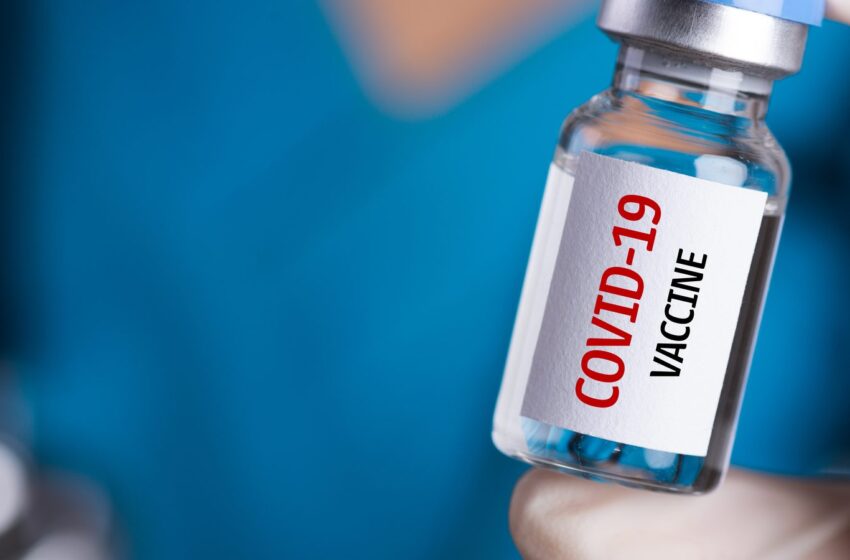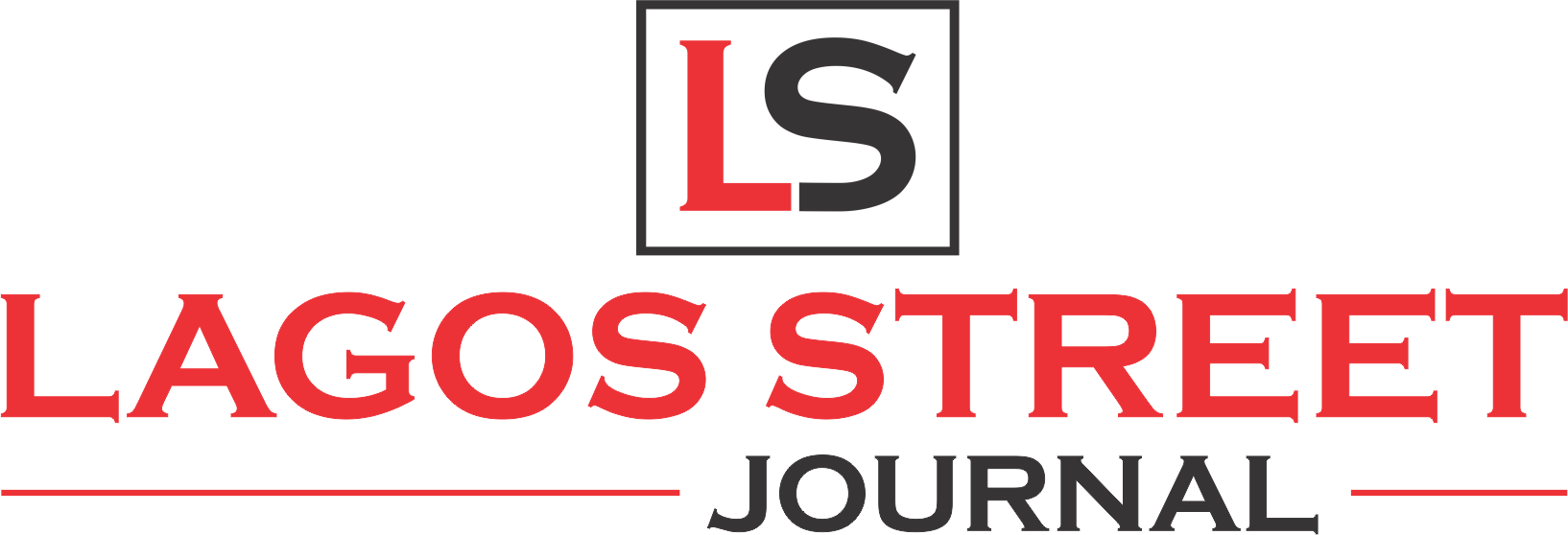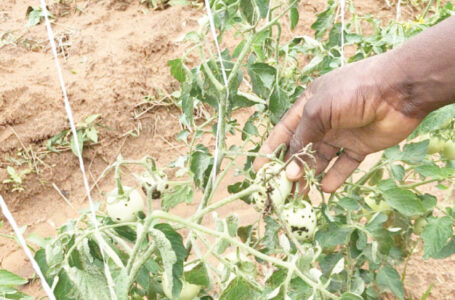Covid-19 Vaccines:Nigeria to receive first batch, adopt polio immunization strategy


By Modupe Shodeinde
Nigeria is set to receive it’s first batch of 3.92 million doses of AstraZeneca COVID-19 vaccines today, (Tuesday).
In a joint statement on Sunday, the NPHCDA, World Health Organisation (WHO) and United Nations Children Fund (UNICEF) said the delivery would mark the first arrival of COVID-19 vaccine in the country and make Nigeria the next West African country to benefit from the COVAX Facility after Ghana, and Cote d’Ivoire.
According to the statement, the arrival of the vaccine will enable the National Primary Health Care Development Agency (NPHCDA) to commence the vaccination of Nigerians in priority groups, starting with the frontline healthcare workers.
The Federal Government has also disclosed that it would adopt the strategy deployed during the polio pandemic in the country in vaccinating eligible citizens.
The intended platform for the vaccination of people against the virus was launched on Monday.
The Federal Ministry of Health, launched a five point strategy, tagged TEACH, which would give people the opportunity of undertaking electronic self-registration for vaccination.
The T.E.A.C.H strategy is said to combine both traditional approaches with modern technologically enabled systems of vaccination.
The Minister of Health, Osagie Ehanire, who expressed optimism that the covid-19 Vaccines would be able to eradicate the virus, also hope that with the experience garnered by the National Primary Health Care Development Agency, NPHCDA during vaccination and subsequently eradication of polio in the country, would record another feat in its handling of COVID-19.
He explained that TEACH stands for T: Traditional Vaccination Campaign Approach; E: Electronic Self-Registration by Eligible Nigerians; A: Assisted Electronic Registration of Eligible Nigerians; C: Concomitant Vaccination alongside Electronic Registration and H: House-to-House Electronic Registration.
He stated that the vaccines expected from the COVAX facility, “ will be deployed to vaccinate, first our critical frontline health care workers, who are providing essential care especially for severe COVID-19 patients, next to those who are the highest risk of severe disease from Covid-19 infection and down to 70 per cent of Nigerians.”
According to him, the WHO has advised that only people above 18 years can be vaccinated until research and studies are completed on any possible effect on growing children or 18 years and below. Only those with underlying illnesses “where the benefits justify the risk” are exempted.
“I urge all eligible Nigerians to take the COVID-19 vaccination when it is their turn. This is the only way we can achieve herd immunity to stop the community transmission of this deadly virus,” he added.
He also explained that the country would receive more vaccines after this first batch, “and all these will ensure that the entire vaccination administration will be sustained in a smooth way and will be applied nationwide – leaving no one behind.”
Also speaking at the event, the Executive Director and Chief Executive Officer of National Primary Healthcare Development Agency, NPHCDA, Dr Faisal Shuaib, reiterated that “the vaccination process will be in four phases with frontline health workers being the priority group of eligible populations to receive the first doses of vaccines.
He also said critical stakeholders among which are the President, Vice President, Ministers, Governors and religious and traditional leaders will be first to receive the first doses of the vaccines, explaining that the reason was for them to prove to the general public that the vaccines are safe and effective as approved by the National Agency for Food and Drug Administration and Control, NAFDAC.
The next phase he said, “will comprise older adults aged 50 years and above, and those with comorbidities aged 18 – 49 years of age.”











